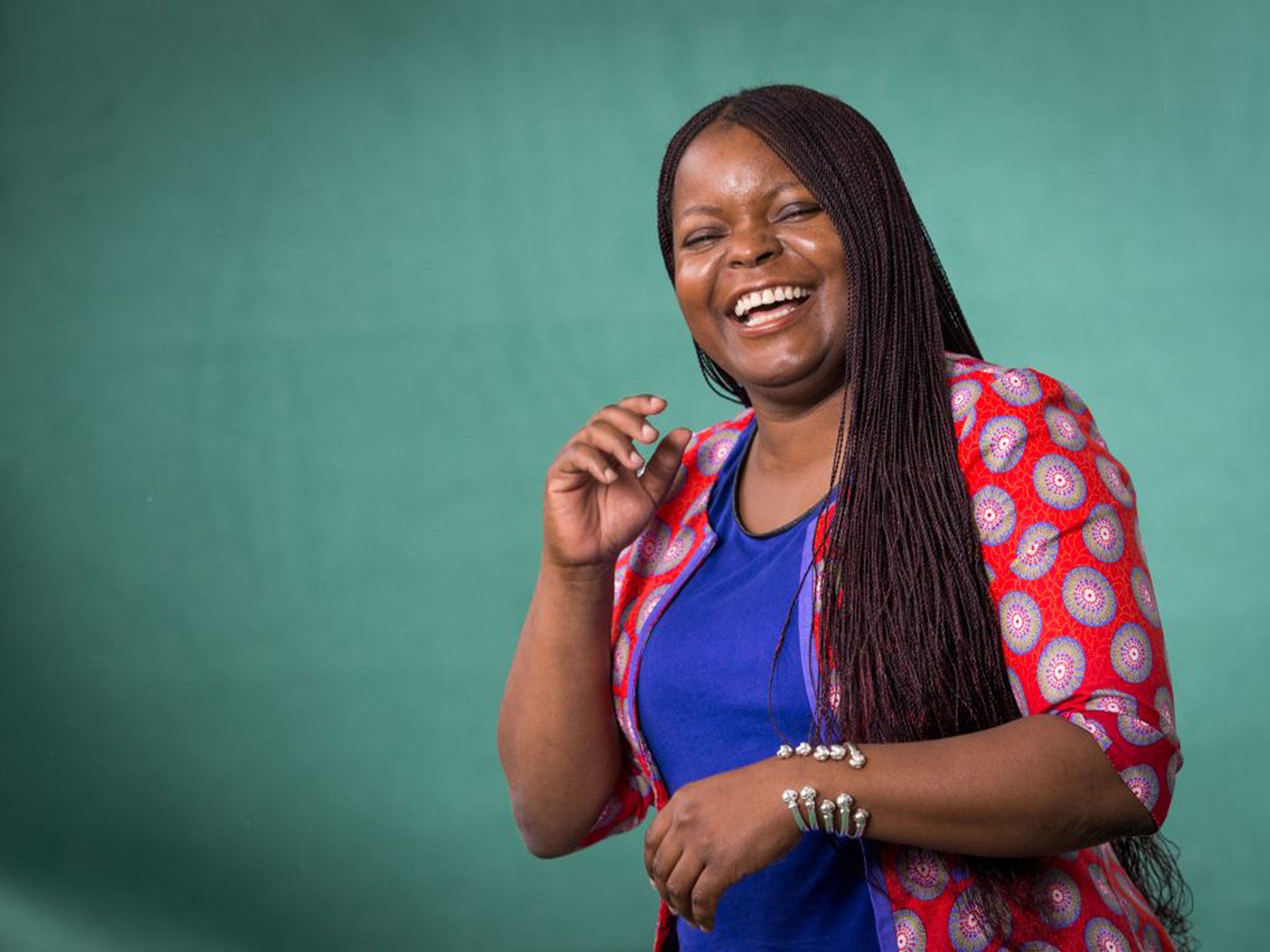Baileys Women's Prize for Fiction: Petina Gappah's death row novel earns first ever Zimbabwean nomination
Gappah's debut The Book of Memory has been named on a 20-strong longlist of works vying for a £30,000 prize

Your support helps us to tell the story
From reproductive rights to climate change to Big Tech, The Independent is on the ground when the story is developing. Whether it's investigating the financials of Elon Musk's pro-Trump PAC or producing our latest documentary, 'The A Word', which shines a light on the American women fighting for reproductive rights, we know how important it is to parse out the facts from the messaging.
At such a critical moment in US history, we need reporters on the ground. Your donation allows us to keep sending journalists to speak to both sides of the story.
The Independent is trusted by Americans across the entire political spectrum. And unlike many other quality news outlets, we choose not to lock Americans out of our reporting and analysis with paywalls. We believe quality journalism should be available to everyone, paid for by those who can afford it.
Your support makes all the difference.A lawyer who works in Switzerland has become the first Zimbabwean author to be nominated for the UK’s most prestigious award for women’s writing, thanks to her novel about an albino woman facing the death penalty in Harare.
Petina Gappah – who grew up speaking both English and the local language in her community, Shona – has been named on the 20-strong longlist for the Baileys Women’s Prize for Fiction, vying for the £30,000 prize for her debut novel The Book of Memory.
This list of contenders for this year’s award, which has previously been called the Orange Prize, equals 2000’s nominations in featuring the joint-highest number of debut novels. Among the eleven first-time authors being recognised is the National Gallery chair Hannah Rothschild, for her book The Improbability of Love.
Women's words: The shortlist
- Kate Atkinson: A God in Ruins
- Shirley Barrett: Rush Oh!
- Cynthia Bond: Ruby
- Geraldine Brooks: The Secret Chord
- Becky Chambers: The Long Way to a Small, Angry Planet
- Jackie Copleton: A Dictionary of Mutual Understanding
- Rachel Elliott: Whispers Through a Megaphone
- Anne Enright: The Green Road
- Petina Gappah: The Book of Memory
- Vesna Goldsworthy: Gorsky
- Clio Gray: The Anatomist’s Dream
- Melissa Harrison: At Hawthorn Time
- Attica Locke: Pleasantville
- Lisa McInerney: The Glorious Heresies
- Elizabeth McKenzie: The Portable Veblen
- Sara Nović: Girl at War
- Julia Rochester: The House at the Edge of the World
- Hannah Rothschild: The Improbability of Love
- Elizabeth Strout: My Name is Lucy Barton
- Hanya Yanagihara: A Little Life
Ms Gappah’s novel follows the fictional story of Memory, an albino woman in Chikurubi maximum security prison, appealing against her conviction for murder of her adopted father. It was inspired by an article the lawyer read in 2006, which revealed there was only one woman on death row in Zimbabwe.
She has worked in Geneva as a trade lawyer since 1999 – on the back of law degrees from Cambridge, Graz University and the University of Zimbabwe – and learnt the news of her nomination yesterday while in a video conference advising the Government of Pakistan on trade issues. “It’s a bit surreal,” she added. “I am completely overwhelmed.
“To be the first Zimbabwean nominated for this award is incredible. To be flying the flag makes me very proud.”
Following the publication of an acclaimed selection of short stories called An Elegy for the Easterly, which won a first book prize in 2009, she had hoped to publish her first novel in two years; it took six.
“It was imposter syndrome. I was so freaked out by the early success of my book of short stories that I thought the more I wrote the more I would be found out,” she said.
When asked how she found time to write she joked that she had “no sleep. I have no social life when I’m writing”.
Ms Gappah is planning to quit her job as a lawyer in June and become a writer full time. “I always knew that eventually I would want to try the writing thing for a while and see how far I go. The Baileys Prize nomination is an affirmation to say I’m making the right decision.”
Join our commenting forum
Join thought-provoking conversations, follow other Independent readers and see their replies
Comments